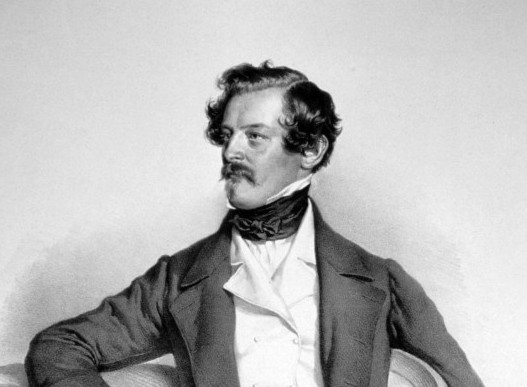
Baron Alexander von Bach was marked by increased centralization, censorship of the press, numerous political trials, a crackdown on all national movements, and Germanization.
This day in 1852 marked the beginning of the so-called period of Bach’s absolutism, or Neo-absolutism. It occurred after the Habsburg Monarchy had been shaken by several revolutions that challenged the Empire’s long-standing conservatism.
The period coincided with the ascent of the new, young emperor Francis Joseph I to the throne. In his attempt to restore order to the empire, Francis Joseph was aided by several highly competent ministers, such as Baron Alexander von Bach, his minister of internal affairs. Although Bach had been at this position since 1849, this day is usually considered the symbolic beginning of the new period since it marks the death of Bach’s “boss”, Prince Felix of Schwarzenberg.
While the new minister introduced economic reforms such as the abolition of internal customs duties and the releasing of serfs from their feudal obligations, his period in office was also marked by increased centralization, censorship of the press, numerous political trials, a crackdown on all national movements, and Germanization.




